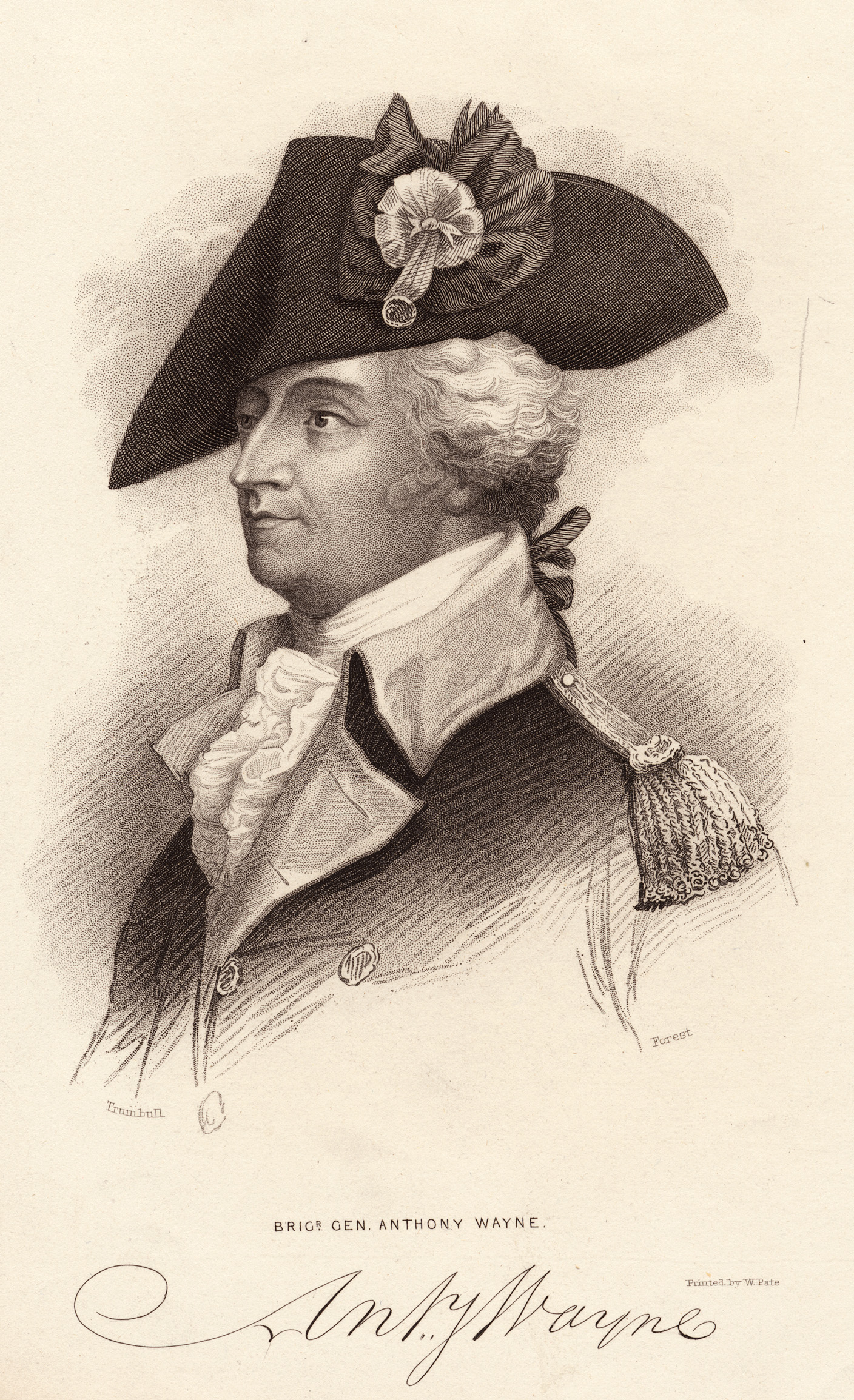Reverend John Heckewelder, in his History, Manners and Customs of the Indian Nations who Once Inhabited Pennsylvania and the Neighboring States, Chapter XXXIII, p. 192. [emphasis added]
Contexte: …They also make a distinction between a warrior and a murderer, which, as they explain it, is not much to our advantage. It is not, say they, the number of scalps alone which a man brings with him that prove him to be a brave warrior. Cowards have been known to return, and bring scalps home, which they had taken where they knew was no danger, where no attack was expected and no opposition made. Such was the case with those Christian Indians on the Muskingum, the friendly Indians near Pittsburg, and a great number of scattered, peaceable men of our nation, who were all murdered by cowards. It is not thus that the Black Snake, the great General Wayne acted; he was a true warrior and a brave man; he was equal to any of our chiefs that we have, equal to any that we have ever had…
Anthony Wayne: Citations en anglais
upon being wounded in the head at Stony Point
Attributed
Wayne, in a 1 May 1794 letter to the contractors who had failed to properly provision the Legion of the United States.
Attributed
Source: [Sword, Wiley, President Washington's Indian War: The Struggle for the Old Northwest, 1790-1795, Norman, University of Oklahoma Press, 1985, 0-8061-2488-1, 265]
Major William Eaton, commander of the US Marines at Derna, 1806 ("...the Shores of Tripoli..."), of Wayne
note to Washington after receiving the surrender of Stony Point
Attributed
“Issue the orders Sir, and I will storm Hell.”
when asked by General George Washington if he would undertake the capture of Stony Point
Attributed
